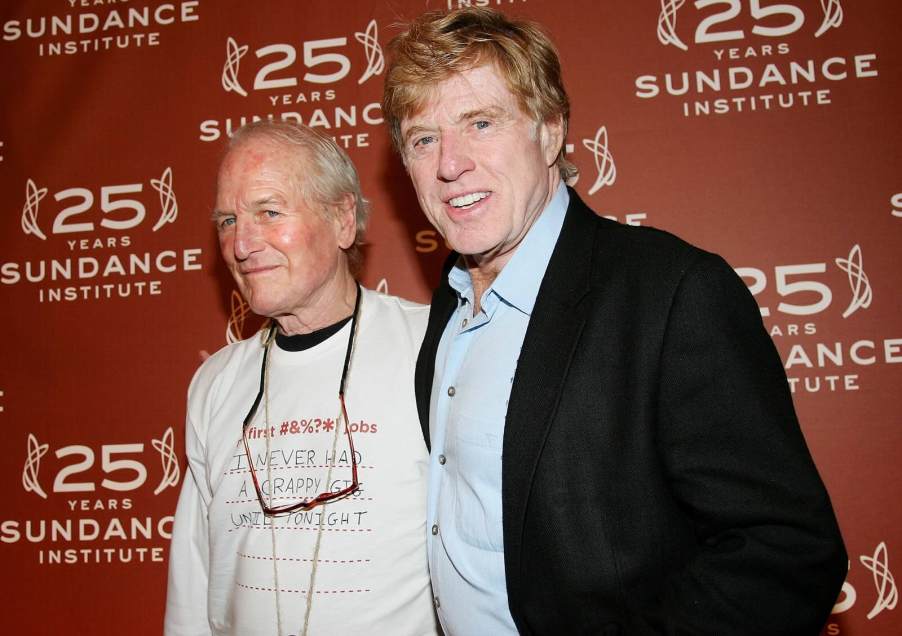
Jim Shooter Dead at 73: Marvel Comics Icon Who Shaped the 80s
Jim Shooter’s name always stirs conversation in comic book circles. If you were reading comics in the 80s, you felt his impact even if you didn’t know his name. He was bold, stubborn, sharp, and a force that pushed Marvel to heights it hadn’t touched before.
Shooter didn’t just drift into comics. He slammed the door open at age 14, sending DC Comics scripts for Superboy and the Legion of Super-Heroes. By 16, his fresh voice made him stand out. His words brought a real teen edge to teen heroes. That early break set him on a wild ride through an industry that can eat you alive.
How Did Shooter Save Marvel In The 80s?
By the late 70s, Marvel was a mess behind the scenes. Stan Lee had stepped away from day-to-day duties. The next batch of editors struggled to balance creativity and business. Deadlines slipped. Books fizzled. Costs climbed. The company needed a captain.
In 1978, Shooter took the wheel as Marvel’s ninth editor-in-chief. He didn’t ease in. He cracked down. Stories about his iron grip are legend. He insisted on tight schedules. He wanted better pay for freelancers. He pushed for bolder stories. Some creators hated it. Some thrived. Either way, Marvel’s ship straightened out.
The X-Men boom was his jewel. Chris Claremont and John Byrne’s work under Shooter turned that team into a sales rocket. Shooter cheered it on, even if it meant clashing over big plot moves — like insisting the Phoenix had to pay for her crimes. Controversial? Sure. Memorable? Absolutely.
What Made Shooter So Divisive?
People close to Shooter still argue about him today. He was tough, sometimes harsh, and he wanted comics done his way. He demanded loyalty to deadlines and story logic. He also fought for creators when no one else did.
Bill Sienkiewicz, the visionary behind Moon Knight and New Mutants, said Shooter went to bat for freelancers in ways modern editors rarely do. Danny Fingeroth, a Marvel writer and editor, called Shooter complicated but vital. He believed Shooter’s drive helped Marvel survive a shaky stretch when the comic shop model was just taking shape.
Did Shooter’s Bold Moves Pay Off?
Under Shooter, Marvel didn’t just sell comics. It experimented. Original graphic novels. Trade collections. Big annual crossovers. Suddenly, the racks at comic shops looked like an invitation to new readers. Frank Miller, Walter Simonson, Bill Sienkiewicz — some of the most creative minds thrived in that system.
At its peak, Marvel pulled in 80% of America’s comic sales. That wasn’t luck. It was risk-taking and tight control rolled together. Some say Shooter’s style was too much. Others point out it worked. He’d never call himself easy to work for. But he’d say he cared about good comics first.
Where Did Shooter Go After Marvel?
Shooter’s Marvel chapter closed with fireworks. By 1987, the company was owned by New World Pictures. Shooter clashed with the new bosses over money, control, and creative freedom. He left — some say fired, some say pushed out. He didn’t slow down.
He launched Valiant Comics, and lightning struck again. Valiant hit big in the early 90s. Then it fell apart. Shooter got fired again. He tried with Defiant Comics, Broadway Comics, Acclaim Comics. None stuck for long. But each one left a mark, a memory of how stubbornly he’d fight for an idea.
Long after the boardrooms and blow-ups, Shooter stayed visible. He shared stories from the trenches on his blog. He sat at comic cons, swapping tales with old fans and curious young readers. He loved the game, even when the game didn’t always love him back.
Jim Shooter died at 73, after battling cancer. But for many fans, his work lives on every time they flip through an old X-Men, Avengers or Secret Wars. He made sure those stories got told. Deadlines met. Pages inked. Heroes flawed and fascinating. And whether you loved his rules or hated them, you couldn’t ignore him.
The comic world will keep debating his choices. But every shelf packed with trades and reprints owes a bit to Shooter’s stubborn fight to treat comics like an art form that deserved better. In a business built on wild imaginations, he might have been the most impossible character of them all.
Popular Categories




:max_bytes(150000):strip_icc():focal(999x0:1001x2)/ocean-ramsey-shark-whisperer-063025-1-73c8827088534ed4bf5398ac5eb1379e.jpg)
